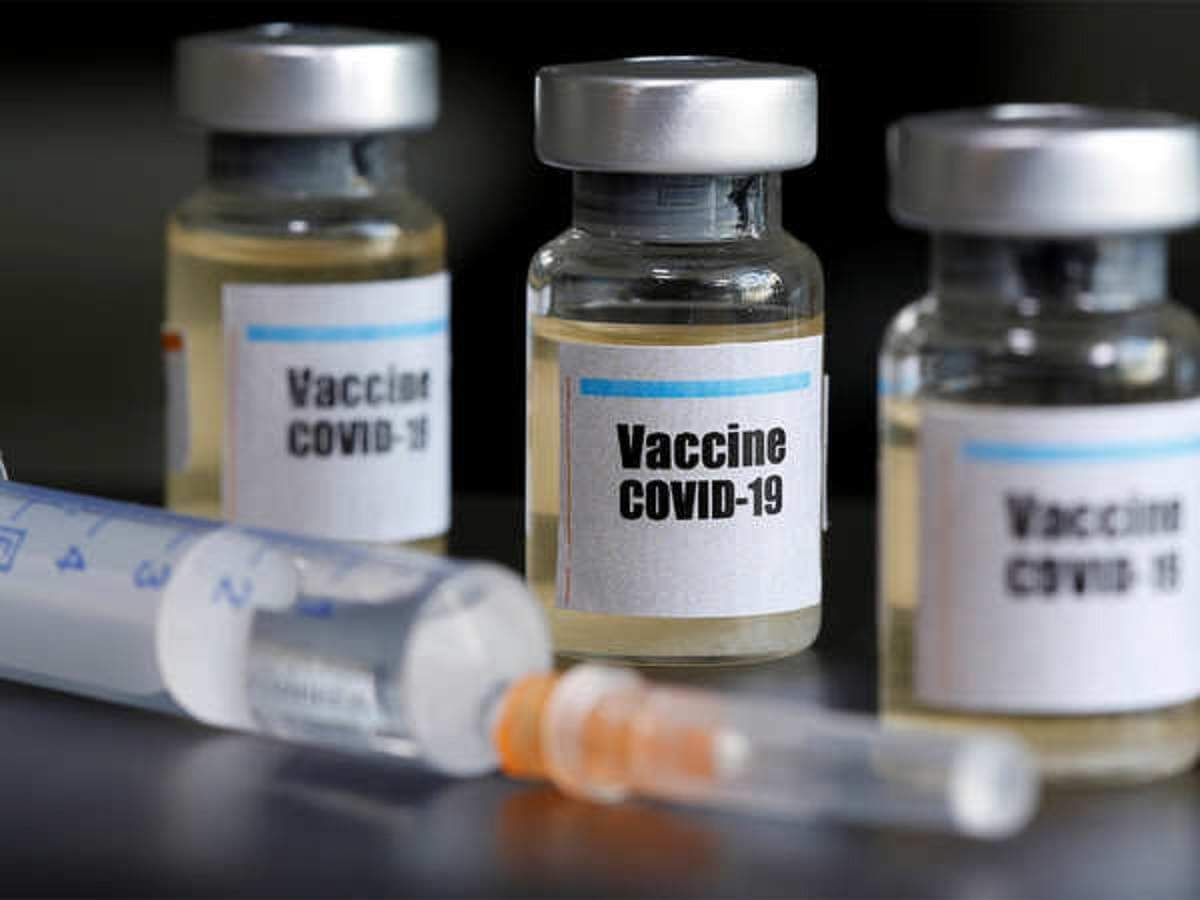On Monday, after months of grim news of the rising number of cases and deaths caused by the COVID-19 pandemic, a sigh of relief was taken across the world after the United States (US) based pharmaceutical company Pfizer Inc. announced that its vaccine was 90% effective in preventing COVID-19 infections. The vaccine, which was in Phase III of clinical trials, was developed in collaboration with a German company BioNTech and still needs to be peer-reviewed by a group of experts.
The CEO of Pfizer, Albert Bourla, released a statement on the development and said, “The results demonstrate that our mRNA-based vaccine can help prevent Covid-19 in the majority of people who receive it. This means we are one step closer to potentially providing people around the world with a much-needed breakthrough to help bring an end to this global pandemic.”
The trial of the Pfizer vaccine, which began in July, has over 43,500 volunteers spread over six countries. Out of these, 38,955 have already received the second dose. However, the results that Bourla announced only represented data of 94 of the volunteers. Moreover, the struggle for the vaccine may not be over yet. Volunteers of the vaccine reported several side-effects, including headaches, fever, and muscle aches, after being administered with the first shot. These were reported shortly after the announcement on Monday.
Yet, countries are rushing to secure the necessary dosage of the vaccine to protect their citizens and bring an end to the pandemic, in the hope that the trial succeeds. For instance, shortly after the announcement, Israel signed a deal with the company for 8 million doses of the vaccine, which the health ministry said would be sufficient to protect around four million people.
Similarly, other countries, including the US, the United Kingdom, the European Union, Japan, Canada, and Australia, have already signed deals with Pfizer to purchase millions of vaccine doses. In fact, Global Justice Now, a British campaign group, reported that 80% of the doses had already been purchased by the richest governments of the world. This is particularly alarming as these countries account for merely 14% of the world’s population.
While the Global Justice Now said that Pfizer is likely to partner with the COVID-19 Vaccine Global Access Facility (COVAX Facility), this will represent “a small fraction of the vaccine produced.” The COVAX Facility is a program co-led by Gavi, the Coalition for Epidemic Preparedness Innovations (CEPI), and WHO to ensure an equitable supply of doses across the globe by helping countries buy and distribute the vaccines regardless of their purchasing power status.
Also Read: Patent Politics and the COVID-19 Vaccine: What Needs to be Done?
As the richer countries have already secured their share of the prospective vaccine, this could create a severe shortage for developing and under-developed countries across the world, who are already struggling with the economic impact of the pandemic. Moreover, these countries are likely to face other logistical challenges too. For example, Indian experts say that even if the vaccine is found to be successful in preventing COVID-19 infections, India will face difficulty in storing and supplying the dosages as the vaccine needs to be kept at minus 70 degrees Celsius. The Director of the All India Institute of Medical Sciences, Randeep Guleria, said, “We’ll have difficulties in maintaining a cold chain, especially on rural missions.” Hence, even if the vaccine rushes past the hurdles of trials, making it accessible to the global population at large will continue to be a struggle.
Also Read: Vaccine Nationalism and its Impact on The Global Fight Against COVID-19

